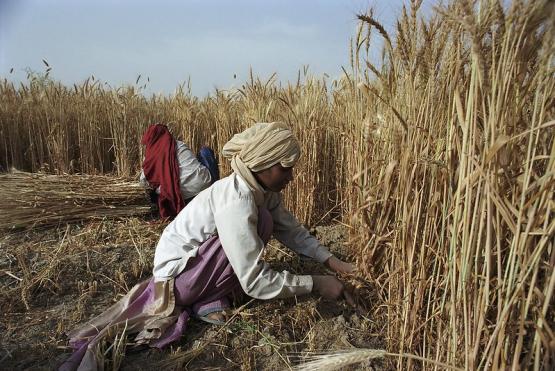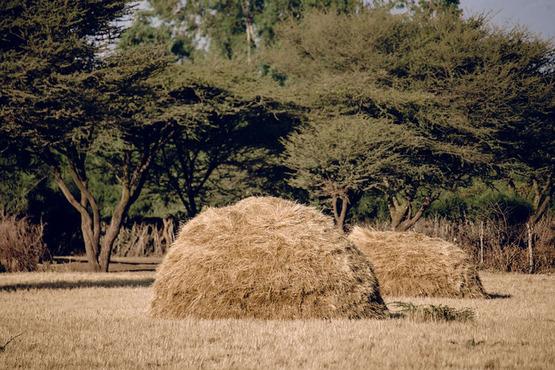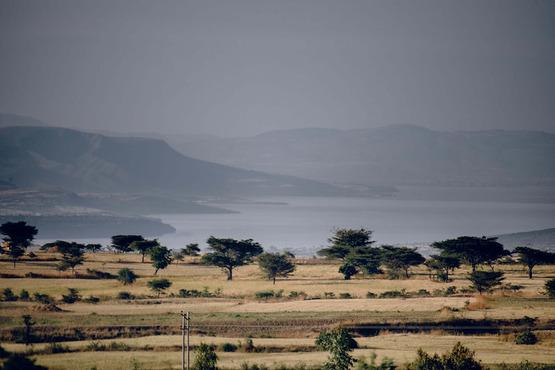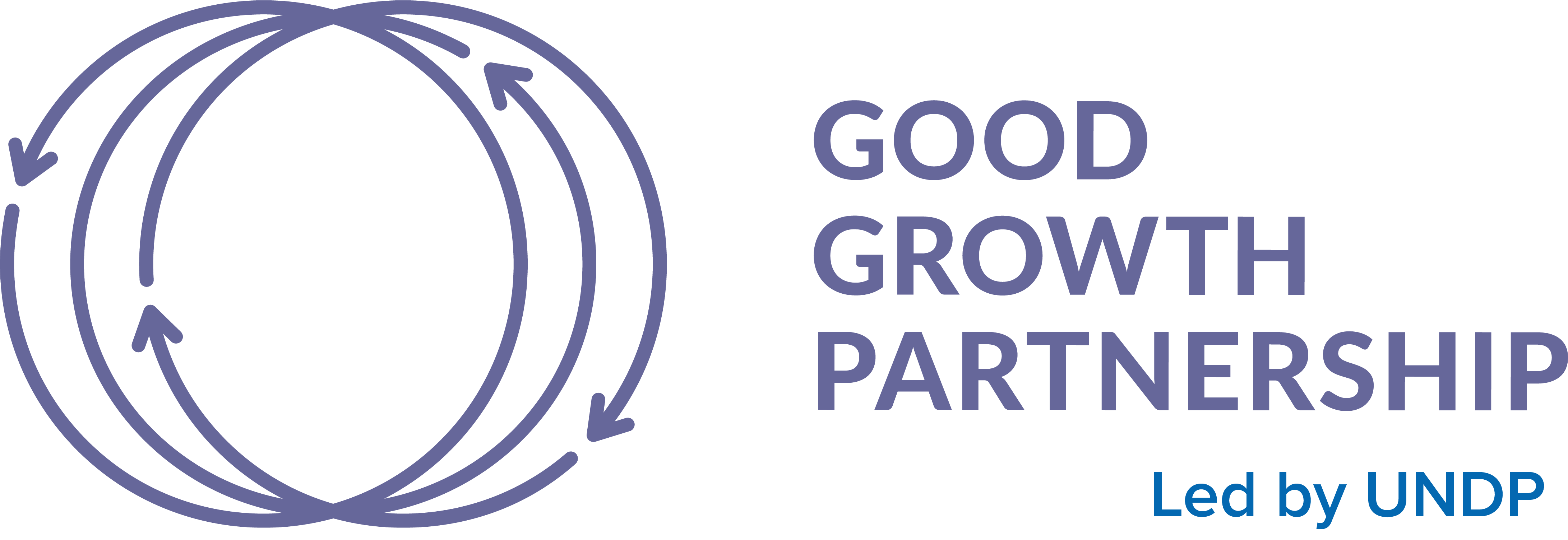Preventing the encroachment of staple food crops into intact forest ecosystems is a major environmental challenge. Together, wheat, rice and maize make up more than 40 percent of all plant-derived calories consumed in the human diet, with wheat providing 20 percent of that total.
Sustainability Opportunities

Wheat harvest in central India. By Scott Wallace/World Bank
Demand for wheat is increasing in tandem with population growth and a growing middle class, adding urgency to the need for sustainable intensification to reduce its environmental footprint. If intensification can lead to higher yields on existing agricultural land, ecosystem services will be better conserved and farmers supported, helping to ensure their resilience to climate change and market risks.
Globally, wheat provides 20 percent of the world’s daily protein and calories. Wheat production must grow 60 percent over the next 30 years to keep up with demand.
In China, the world's largest wheat producer, intensification poses environmental degradation, greenhouse gas emissions. Kazakhstan produces wheat on half of its total arable area, leading to desertification and climate risks due to monoculture.
In India, wheat and rice are planted in rotation to meet high demand for dietary food staples. Over time, land becomes more degraded leading to unreliable or lower yields for farmers.
Our Strategy
Integrated landscape management enhanced with climate-smart techniques, water, plant, soil and nutrient management will help transform the sector.
Additionally, conservation agriculture techniques, such as crop diversification and zero tillage combined with innovative technologies like crop and system modeling will also contribute to lower-impact wheat production.
Promoting green value chains will encourage transformation of the trajectory from cropland, pasture, forest and wetland degradation to sustainable management for multiple benefits. Food system and supply chain public-private partnerships provide incentives for consumer behavior change to encourage adoption of dietary habits which embrace foods produced in an environmentally sensitive manner.
In Kazakhstan, tree plantations for biofuel production as a substitute for fossil fuel use and to ensure environmental sustainability of production along the supply chain, will be developed.
These practices will also tap into the potential for the capacity for wheat's adaptability to climate change.

Drying wheat stalks for silage. By Ollivier Girard/CIFOR
Country Project Highlights

Wheat grows near Lake Lagano in Ethiopia. By Ollivier Girard/CIFOR
FOLUR is involved in wheat projects in the following countries:
- China
- India
- Kazakhstan
- Uzbekistan







